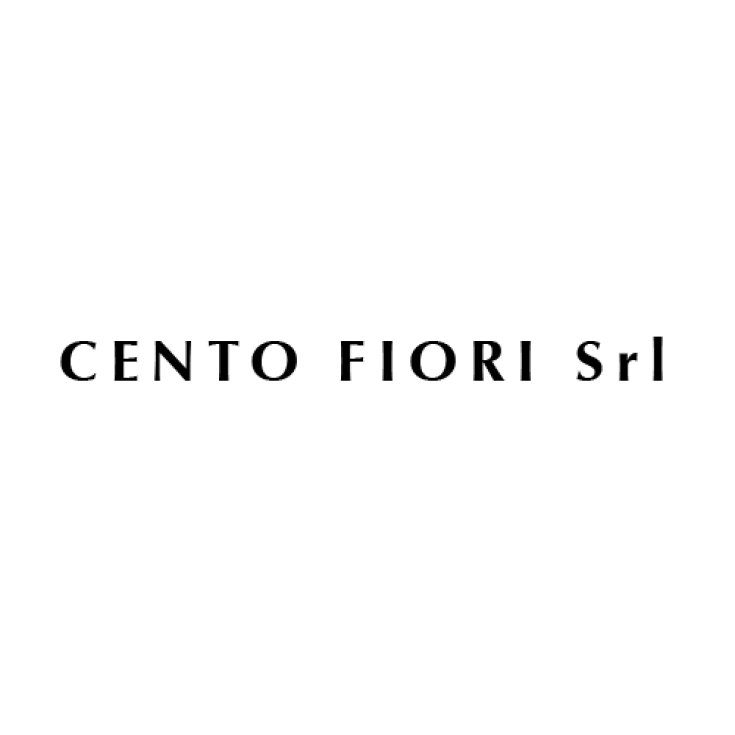Hundred Flowers Fenugreek Seeds Bio 100g

- Brand: CENTO FIORI Srl
- Product Code: 910116918
- EAN: 8020947001962
- Availability: In 10 - 14 Days
- Purchase 3 items for 4.65€ each
- Purchase 4 items for 4.55€ each
- Purchase 5 items for 4.46€ each
One Hundred Flowers
Fenugreek Seeds Bio
GREEK HAY - TRIGONELLA FOENUM-GRAECUM
Family: Leguminosae
Medicinal plant
Part used: seeds
ACTIVE PRINCIPLES
The seeds contain alkaloids (trigonellin); steroidal saponins (diosgenin, yamogenin ...); essential oil (anethole); nicotinic acid and nicotinamide; ascorbic acid; vitamins of group b; calcium and iron salts; flavonoids (rutin, vitexin, orientin); 28% lignin; mucilage; fatty oil (lecithin, phospholipids, linoleic and oleic acid ...).
PROPERTY'
Fenugreek seeds have strong anabolic, neuro-muscular, anti-anemic and osteogenic properties. The stimulating action of the intermediate metabolism is justified by the presence of proteins with a high biological value, carbohydrates and lipids, mineral and vitamin substances. These properties make it an important dietary-therapeutic product that is used in particular in the treatment of asthenic, thin and convalescent individuals as it contributes, also thanks to the high caloric value, to regain lost weight. In cases of thinness, not dependent on organic causes, in fact, fenugreek positively affects the metabolism, resulting in an improvement in the general state, an awakening of appetite and weight gain.
The plant is recognized as having a galactogenic activity with an increase in milk secretion and an improved content of proteins, fats, sugars, minerals and vitamins. However, the drug gives the milk an unpleasant taste.
Fenugreek also has a hypoglycemic action to be attributed mainly to the fibrous component (as well as to trigonellin, coumarin, nicotinic acid and nicotinamide). The crude fibers, hydrophilic, remove water from the gastrointestinal tract, hindering the activity of glucidoactive enzymes (amylase) and causing a slowdown in activity at the level of glucose macromolecules, thus decreasing the availability of glucose. Furthermore, since the fibers are indigestible, the formation of an inhibited mucilaginous mass makes intestinal transit faster and therefore, due to a lower contact between hydrolytic enzymes and polysaccharides, a lower quantity of glucose is determined available for absorption. Laboratory tests have shown a decrease in postprandial glycaemia in both healthy and diabetic humans. Positive results were obtained in a study conducted on non-insulin dependent diabetic patients.
The seeds have a cholesterol-lowering action, in fact, by acting favorably on the lipid metabolism, they regulate the concentration of blood cholesterol. Indigestible fibers inhibit pancreatic and enteric lipolytic enzymes and thus limit the absorption of lipids. Furthermore, the ability to bind bile acids makes their emulsifying action partial on lipids which consequently are not totally absorbed. It seems that the proteins and saponosides contained in the seed are also responsible for the cholesterol-lowering effect. Of course, to obtain a valid hypoglycemic and hypocholesterolemic action it is necessary to use a galenic form that maintains the presence of indigestible fibers.
The hepatotropic action is instead due to the presence of hepatoprotective factors, and for this reason fenugreek is useful in the treatment of almost all liver diseases, from simple insufficiency to degenerative processes. Choline prevents the accumulation of lipids in the liver and increases the hepatic synthesis of phospholipids. Lecithins also exhibit lipotropic activity and furthermore, being a constituent of the membrane, they regulate its permeability. The B complex and nicotinic acid amide act both as enzymatic activators and as protectors of liver function. Finally, fatty acids act by regulating lipid homeostasis and decreasing the level of hepatic cholesterol.
Due to the presence of some osteogenic factors (vitamin d, calcium, vitamin p), the use of fenugreek is interesting in some osteopathies such as osteoporosis, growth disorders or to help consolidate fractures.
Fenugreek seeds have recently aroused some interest as a raw material for the production of diosgenin, a substance used for the synthesis of steroid hormones.
INDICATIONS
Convalescence, asthenia, anorexia, thinness, organic wasting, anemia, osteoporosis, breastfeeding (characteristic odor).
NOTE
Contraindicated in pregnancy because it increases uterine contractility.
Format: 100g

